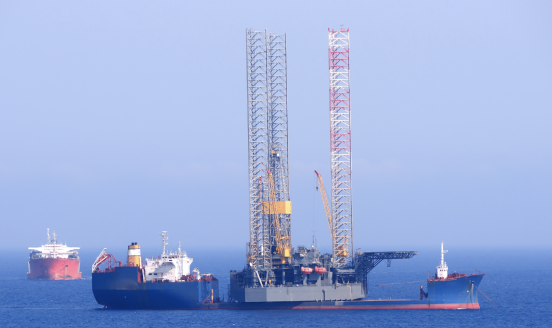A new strategy for European Union-Turkey energy cooperation
In a period of stress in the relationship between the European Union and Turkey, cooperation over energy could be a bright spot, because of strong mut

This paper was produced within the framework of the European Neighbourhood Energy and Climate Dialogues, with the kind support of Stiftung Mercator
In a period of stress in the relationship between the European Union and Turkey, cooperation over energy could be a bright spot, because of strong mutual interests. However, EU-Turkey cooperation over energy requires a rethink. Up to now, gas and electricity have represented the main components of cooperation. Though highly visible, cooperation in these fields appears to be limited in practise.
By contrast, cooperation in other fields – such as renewables, energy efficiency, nuclear energy and emissions trading – could make a real impact on long-term energy, climate and environmental sustainability, and on overall macroeconomic and geopolitical stability.
On renewables and energy efficiency, the EU could support Turkey by scaling-up the financial support it currently provides within the framework of its climate finance commitments. This would reinforce the case for renewables and efficiency projects in Turkey, particularly as the cost of capital continues to represent a major barrier for these investments.
On nuclear energy, the EU can make a sensible contribution to the establishment of a nuclear energy sector in Turkey. This can notably be accomplished by integrating Turkey into the framework of Euratom.
On carbon markets, the EU can offer institutional support to Turkey, as is already being done with other countries such as China.
Refocusing bilateral cooperation on renewable energy, energy efficiency, nuclear energy and carbon markets would be more effective and strategic for both the EU and Turkey. For the EU, it would provide an opportunity to put its sustainable energy leadership aspirations into practice, while opening up new commercial opportunities. For Turkey, it would enhance both climate and environmental performance, while reducing the energy import bill and energy dependency on Russia.
This change in priorities would also be important to head off Turkey’s rush into coal. Turkey currently has the third largest coal power plant development programme in the world, after India and China.


